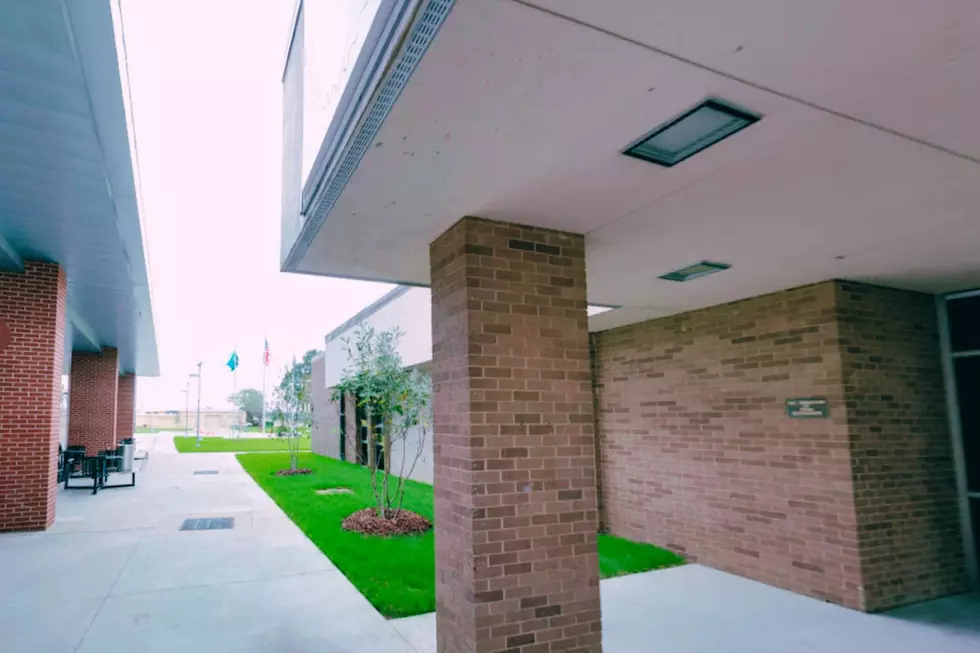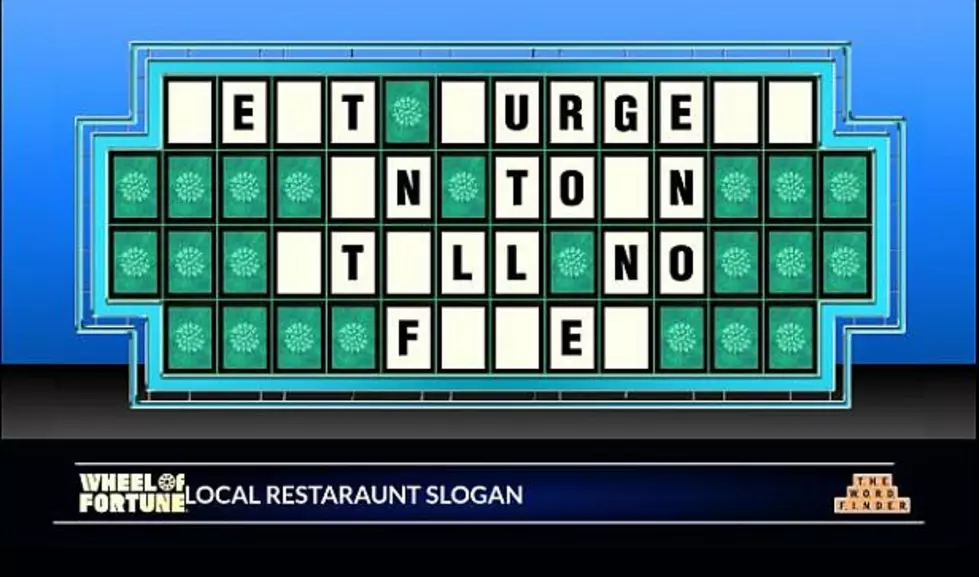
Another flood aid hurdle crossed
BATON ROUGE, La. (AP) — Thousands of Louisiana homeowners with damage from the 2016 floods are a step closer to accessing federal aid.
Many homeowners have been restricted from getting Restore Louisiana grants because they sought Small Business Administration loans to help with rebuilding. But the duplication-of-benefits issue was recently handed off from the Trump Administration to Gov. John Bel Edwards' administration, The Advocate reported .
Pat Forbes, executive director of the state Office of Community Development, says the state has spent several months preparing for the U.S. Department of Housing and Urban Development to issue formal parameters for carrying out a change approved last fall by Congress that gives residents access to the money. HUD unveiled its 44-page guidance Friday.
"This is the major hurdle that we've all been pushing on for the last eight months," said U.S. Rep. Garret Graves, a Baton Rouge Republican whose district was heavily affected by the August 2016 flooding. "It took way too long, but I do appreciate the fact this is finally out there."
U.S. Sen. Bill Cassidy called the news "a big win for Louisiana recovery efforts."
Still, it could be months before checks make it into the hands of homeowners.
Louisiana received more than $1.7 billion from Congress to help the state rebuild after historic flooding damaged thousands of homes and businesses across the state. About $1.3 billion was set aside for people whose homes were damaged or destroyed.
But until Congress acted, a section of the Stafford Act, which dictates how federal natural disaster assistance can be doled out, had barred people from receiving grant money that duplicated any SBA loan awards they received — effectively keeping an estimated 6,000 families from tapping into those funds.
That restriction was removed for people affected by the Louisiana floods, as well as other recent disasters in other states.
All homeowners who fall below 120% of the median family income for the area, which varies from parish-to-parish but is about $81,000, will automatically qualify for the duplication-of-benefits waiver. Those who make more than that will be able to seek a waiver by application to the governor's office, a looser restriction on upper-income homeowners that Cassidy said he pressed HUD to agree to.
"HUD is allowing state officials to determine who qualifies," Cassidy said. "I urge the governor to make as many flood victims as possible able to receive the resources they need to recover."
The state likely will have to go through the federally-required process of amending its recovery plan on file with HUD. Such changes mandate a public feedback period and printed notices in three languages. The Edwards administration has taken other steps that could be done in advance, though.
Forbes, who was poring over the guidelines Friday, said even before HUD released details computer coding was written for the Restore Louisiana eligibility system for several scenarios. "We have all the pieces in place," he said.
The state also had already begun identifying individuals who may be impacted by the change and newly eligible for assistance.
As in previous disasters, affected homeowners who sought SBA loans were blocked from receiving grant dollars that duplicated whatever loan amount they were deemed eligible to receive, even if they never accepted the loan money.
For example, a homeowner with an estimated $25,000 in damage who qualified for a $20,000 SBA loan would be eligible for only $5,000 in grant money that wouldn't have to be repaid. Meanwhile, a homeowner who took on the same value of damage — $25,000 — but didn't apply for an SBA loan could potentially receive the full $25,000 grant if all other qualifications were met. In many cases, SBA loan awards were larger than the value of total damage, leaving homeowners without an opportunity for any grant assistance.
More From News Talk 96.5 KPEL









